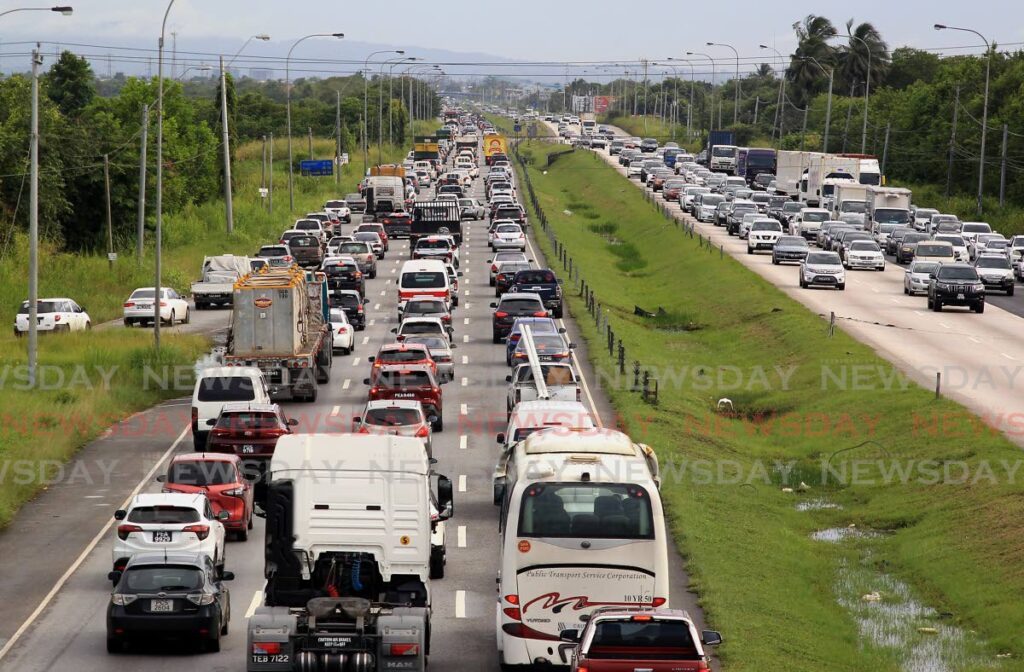More centralisation, not less

THE EDITOR: The focus of the nation has been the plague of traffic with the main solution touted being decentralisation.
It's a logical idea. Traffic is caused by huge numbers of people going into and out of specific areas each day. If we decrease the number of people going into those areas, traffic should decrease. And to do that we need to decrease the number of reasons people have for visiting these areas. Easy fix, right?
But as mentioned in an editorial on this topic, one hesitation for trying this solution has been the impact it will have on business and the drive for urban renewal. Yet the writer dismissed these concerns by stating few people live in our cities anyway. A more interesting approach would have been to investigate why this hesitation exists.
Across the world urban populations are growing rather than shrinking. Fifty-six per cent of the world's population lives in cities today. By 2050 it will be closer to 70 per cent. There's one main reason for this. Cities today generate 80 per cent of global GDP.
In Trinidad, we have not followed this trend at all. Our cities are dying. And their ability to generate economic activity greater than their population as well. Let's do the maths.
In a population of 100 people with a GDP of $100, 56 people living in a city would generate $80 of value, which means a single resident of the city generates $1.50 of value. A non-city dweller only generates 45 cents of value. A city dweller therefore generates three times as much value as non-city dwellers.
Is it any surprise that we would want more people living in our cities, not less?
Rather than focus on moving businesses outside of cities, we should instead move people into our cities. This leads to fewer people travelling into and out of cities each day and less traffic without hurting our economic efficiency and potential. Cities are the heart of the global economy and have been for centuries, trying to do the opposite is silly.
We need incentives for private developers to construct multi-family housing within the cities. Not just large government-funded housing projects. We need more investment in public transport. Maybe finally buying those 300 buses Works and Transport Minister Rohan Sinanan has been talking about for at least five years now.
Traffic is not incurable but the cure can't be worse than the disease. The right solutions already exist. But solutions must be based on research and evidence, not just ideas that sound logical.
KEENEN CHARLES
San Fernando

Comments
"More centralisation, not less"